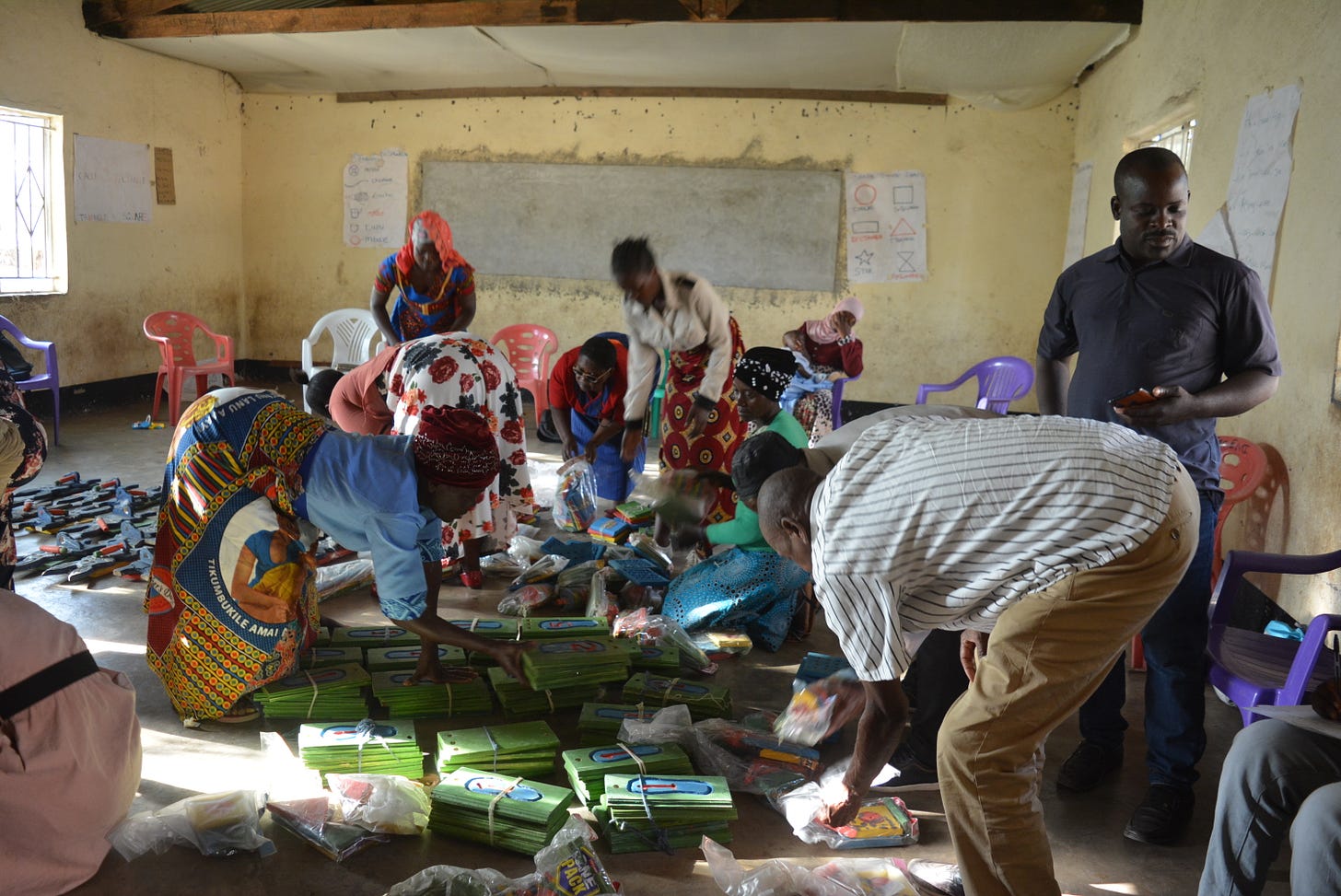Inclusive ECD project helps 30 Malawian kids
FEDOMA's IEDCP benefits 30 children with disabilities in Mangochi, Mulanje, writes Ernest Mfunya.
Mangochi and Mulanje, Malawi-Over 30 children with disabilities in Mangochi and Mulanje districts have benefited from the Inclusive Early Child Development Project (IEDCP) by the Federation of Disability in Malawi (FEDOMA), writes Ernest Mfunya.
The project, which is implemented with funds from Able Child Africa, seeks to give children with disabilities the best start in life through the provision of community-based early education and early identification using already existing community-based care centres (CBCCCs).
Since the beginning of its implementation in 2022, the IEDCP has benefited over 30 children with disabilities in the area of Traditional Authority (TA) Mponda in Mangochi district.
Communities in and around TA Mponda have hailed the project for its role in promoting equality in the CBCCCs by making sure that children with disabilities can access quality education through infrastructure modification and the provision of learning materials.
The district social welfare officer for Mangochi, Isaac Machinjiri, says the project has helped the department by complementing the government's efforts in ensuring that there is equality in the CBCCCs.
"The project has been tremendously helpful in ensuring that children with disabilities can access quality education in the CBCCCs, thereby enhancing the welfare of persons with disabilities and enabling them to play their rightful role in society," he said.
Machinjiri added that before the project was introduced, there were no children with disabilities in the CBCCCs due to poor structures that denied the children access to the classrooms.
But through the project, the structures have been modified so that children can enter the rooms comfortably.
35-year-old Edina Banda, who is a carer at Mpinganjira CBCCC, found in the area of TA Mponda, said the project has reduced some of the challenges she was facing in the past, such that she nearly wanted to quit the job.
"I used to face numerous challenges related to a lack of learning materials to teach the children since some have visual impairment problems while others have hearing problems; as a result, they were unable to understand what I was teaching them," she said.
"But through the Inclusive ECD project, children can read numbers, shapes and alphabet letters despite their disability," she added.
Madalitso Sanikwa, director of Chanasa CBCCC in the area of village head Mtalimanja, concurred with Banda, saying before the modification of the structures, they used to carry children into the classroom structures.
"The CBCCCs were not conducive for learning for these children because there were no materials to help us teach those with various forms of disabilities," added Sanikwa.
He further said that previously, there were no children with disabilities who were attending early childhood education, but with the help of the project, he has seen an increase in children with disabilities attending ECD in most CBCCCs.
Agness Njala, a mother who has a child with a disability, echoed Sanikwa's sentiments, urging FEDOMA to continue with the project, citing that it is bringing positive change among children in the area.
Through the project, FEDOMA has also trained caregivers, parents and government extension workers on how they can teach children inclusively besides modifying the CBCCC structures to make them inclusive.
The organization has expanded the number of CBCCCs that it was working with within the first year of the project's implementation from five to ten in various Traditional Authorities, including Senior Chief Mponda, Namkumba and Chimwala.
Despite facing various challenges, such as a lack of financial support to buy more learning materials and also support their project's daily activities, FEDOMA remains committed to ensuring that children with disabilities have access to early childhood education, thereby improving their lives.



